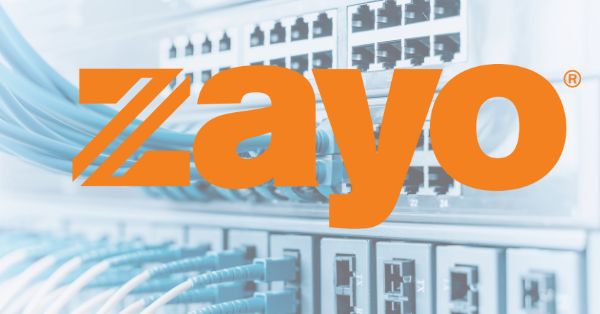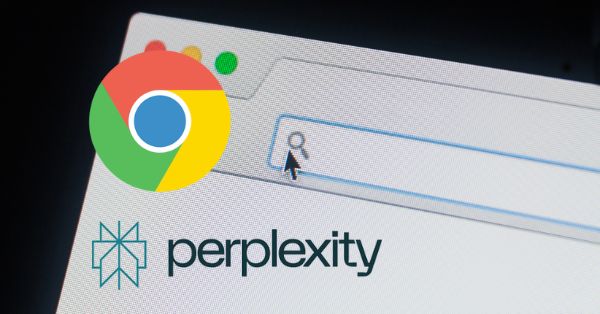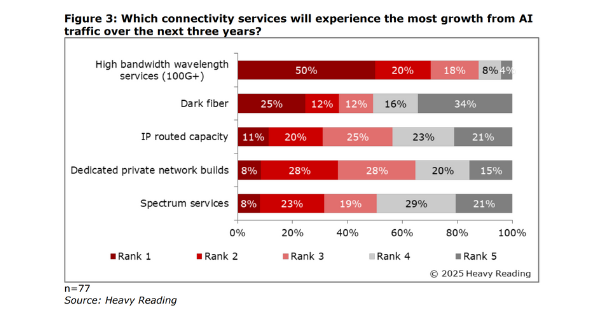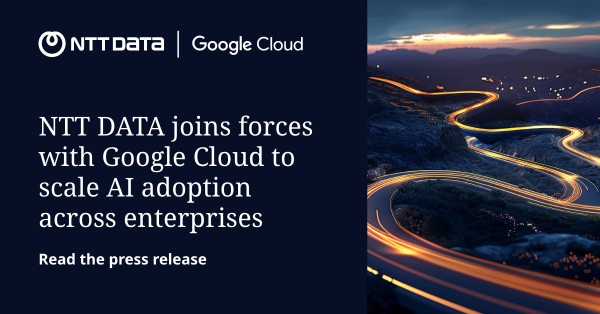Oumi AI: The First Fully Open-Source Platform for AI Development
A new startup, Oumi AI, has emerged with the ambitious goal of creating the world’s first “unconditionally open AI platform.” Founded by former engineers from Google and Apple, Oumi is designed to remove the barriers that currently limit AI research and development by providing a fully transparent, collaborative ecosystem.
Unlike existing open-source AI models such as Meta’s Llama or DeepSeek-R1, which provide access to model weights but restrict training data and full source code, Oumi aims to offer unrestricted access to all aspects of AI model development. This means anyone—from independent researchers to enterprises—can study, modify, and build upon existing models without constraints.
“AI needs its Linux moment,” said Oumi co-founder and CEO Manos Koukoumidis, formerly an AI lead at Google Cloud. “For open source to truly succeed, researchers need access to the full pipeline—models, data, and tools.”
AI Collaboration at Scale: How Oumi AI Unites Researchers & Developers
Oumi is backed by 13 top universities, including:
-
- University of Illinois Urbana Champaign
- Carnegie Mellon University
- Princeton University
- Stanford University
- Georgia Institute of Technology
- California Institute of Technology
- University of California, Berkeley
- University of Washington
- New York University
- Massachusetts Institute of Technology
- University of Waterloo
- University of Cambridge
- University of Oxford
By leveraging academic expertise and distributed computing across research institutions, Oumi hopes to reduce reliance on massive AI infrastructure investments, such as OpenAI’s $500 billion Stargate project.
“Even the biggest companies can’t do this alone,” said Oumi co-founder Oussama Elachqar, formerly a machine learning engineer at Apple. “We want to turn AI development into a true team effort, rather than siloed corporate research.”
Oumi AI: A Unified Platform for Open AI Research & Development
The Oumi platform integrates all aspects of AI development into a single, unified environment, streamlining the traditionally complex and fragmented workflows involved in training and deploying AI models.
Oumi AI Features: End-to-End AI Development Without Restrictions
- End-to-End AI Development Environment – Researchers can train, fine-tune, and deploy models in a seamless workflow without assembling disparate tools.
- Support for a Wide Range of Model Sizes – From 10 million to 405 billion parameters, enabling scalable experimentation.
- Advanced Training Techniques – Supports:
- Supervised Fine-Tuning (SFT)
- Low-Rank Adaptation (LoRA)
- Quantized LoRA (QLoRA)
- Direct Preference Optimization (DPO)
- Multimodal Model Compatibility – Works with text-based AI models and multimodal systems (e.g., image and text combined).
- Training Data Curation and Synthesis – Built-in LLM judges to help refine datasets.
- Deployment Options for Any Infrastructure – Supports:
- Modern inference engines such as vLLM and SGLang
- University clusters, cloud providers, and personal laptops for scalable compute options
- Comprehensive Model Evaluation – Benchmarks performance against industry standards to measure efficiency.
“We don’t have to deal with the open-source development hell of figuring out what tools can be combined and what actually works,” said Koukoumidis. “Oumi provides an out-of-the-box solution for AI development.”
Oumi AI vs. Llama & DeepSeek: The True Open-Source AI Alternative
Many AI models labeled as “open-source” still restrict full transparency:
- Llama (Meta) – Provides model weights but lacks training data and full methodology.
- DeepSeek-R1 (DeepSeek) – Open-source license but does not share the entire training pipeline.
Oumi aims to eliminate these gaps in transparency by ensuring that all components—model architecture, datasets, training code, and evaluation metrics—are fully accessible to the public.
“DeepSeek’s success proved that AI isn’t just about compute—it’s about talent,” said Koukoumidis. “We believe the future of AI is about collaboration, not scarcity.”
Can Open-Source AI Compete with OpenAI’s Stargate? Oumi Thinks So
One of the biggest debates in AI today is whether massive infrastructure investments (such as OpenAI’s Stargate project) are necessary to advance AI.
Oumi is taking a radically different approach, betting on distributed AI development across universities and research institutions to cut costs while achieving similar results.
“The idea that AI requires hundreds of billions of dollars in infrastructure is fundamentally flawed,” Koukoumidis argued. “With distributed computing, we can achieve world-class AI performance at a fraction of the cost.”
Oumi AI for Business: Open-Source AI for Enterprise Innovation
While Oumi’s initial focus is building an open-source ecosystem, the company is already planning:
- Enterprise solutions for businesses to deploy Oumi-trained models in production environments.
- Managed AI services for organizations that need support with custom AI model development.
- Expanding collaborations with universities to drive coordinated AI research efforts.
Oumi is launching under an Apache 2.0 license, meaning developers can freely use the platform for both research and commercial applications.
Oumi AI: The Linux of AI—Breaking Barriers in AI Research
With its fully open-source approach, Oumi is positioning itself as the Linux of AI, offering researchers and developers a transparent, extensible platform to innovate without corporate restrictions.
“Our vision is to make AI the ultimate team sport,” said Elachqar. “By removing artificial barriers, we can accelerate AI progress and make groundbreaking discoveries accessible to everyone.”
Researchers, developers, and enterprises interested in contributing to or using the platform can explore Oumi’s GitHub repository and official website to join the movement.

































